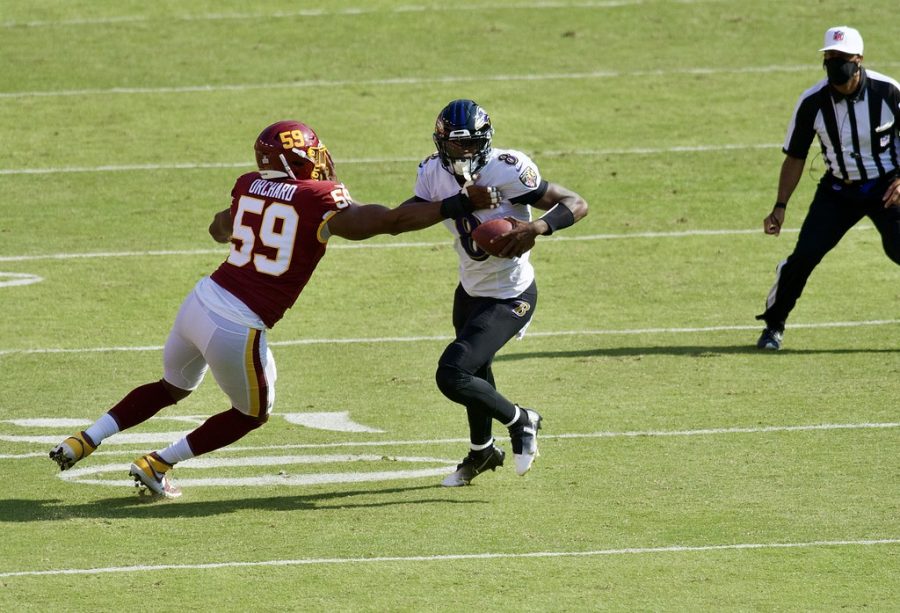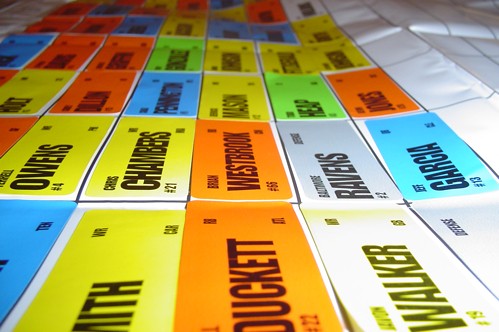Technology has changed the entertainment industry irreputably in the last 20 years. Now books are having their turn.
By Marlo Koch
Entertainment Editor
In the past 20 years, life as we know it has slowly ceased to exist — in the entertainment world, that is.
First, newspapers got the ball rolling with online publications. The New York Times started their website, nytimes.com, in 1996 and our own Chicagotribune.com launched in 1995. Next, it was the need for journals or diaries that began fading. LiveJournal, which started in March 1999 and was followed closely by BlogSpot in August of the same year, started the spur of blogging off strong. YouTube threatened viewers’ attention toward TV when it began exactly five years ago in February of 2005.
Additionally, Hulu, a site that offers television shows free to watch, launched in 2007. Now, it’s books that are under attack.
In 2007, Amazon.com released its Kindle, a tablet-like reader sold through Amazon. The Kindle is connected to a 3G network, so users can download books from anywhere. The Kindle 2 came out in February of last year and boasts subtle differences, like power-button placement and screen crispness. Additionally, Barnes and Noble joined the forces with their introduction of the Nook, another handheld reader, in November 2009.
Head librarian Christie Sylvester said books are preferable to other technology because, “there’s something very tactile about holding a book in your hand.” However, the cost of books to both publishers and readers is something that brings people to online sources and hand-held devices for their literature entertainment, noted Sylvester.
“I think one [problem] is the digital divide,” Sylvester said. “Either people are afraid or people can’t afford these new devices.”
Sylvester noted that there is a generational gap in that older people prefer to read actual books while younger people may be more open to using a Kindle or other similar technology.
Sylvester does not subscribe to a newspaper at home because, “I just never got into the habit,” so she is constantly on Google News. She said that being directed to articles on nytimes.com has gotten her addicted to nytimes.com.
“I don’t read fiction [online], but I have read fan fiction or people’s blogs online,” Sylvester noted. Also, she uses Google Books when looking for material for class projects. Google Books is a service that searches the full text of books that Google scans into its website.
Math teacher Mike Riedy said that some books he wants to read are not yet available on the Kindle.
Riedy, who owns a first-generation Kindle, said that “there’s a different tactile sensation that you have to get used to” when starting out with the Kindle. Riedy, who loves his Kindle, said that he’s loaned it to his friends and they came back with glowing reviews. The Kindle also eliminates the problem all rabid readers face: storing hundreds of books after one is done reading them, according to Riedy.
One issue that exists with products like the Kindle is the constant pull of a paperless world entering the place where people use paper like parents used hand sanitizer during the Swine Flu scare last year. No matter how technologically advanced our world becomes, textbooks are still heavy realities that students have to carry around and use everyday in schools everywhere.
“It is something the district is considering in the future. However, textbooks haven’t been digitized the way fiction has,” Sylvester said, as she recently attended a district meeting where they discussed the future of textbooks.
According to U.S. News and World Report, Amazon has struck a deal with textbook companies so that they can start offering college textbooks to Kindle users. Amazon will do a pilot run of this new idea at Arizona State, Case Western Reserve, Pace University, Princeton, Reed College and the University of Virginia’s Darden School of Business.
Reidy said textbooks should be replaced with electronic counter-parts not only to save money, but also for the ease of having one item for students to carry and the other feature available on Kindles, like graphics.
“I think as technology is changing and growing, the district is looking toward the future and how students can learn best now,” Sylvester said.
Kindle Facts:
–More than 400,000 books, newspapers, magazines, and blogs are available on the Kindle.
-Lighter and thinner than a typical paperback; weighs only 10.3 ounces.
–Can hold over 200 titles.










































































